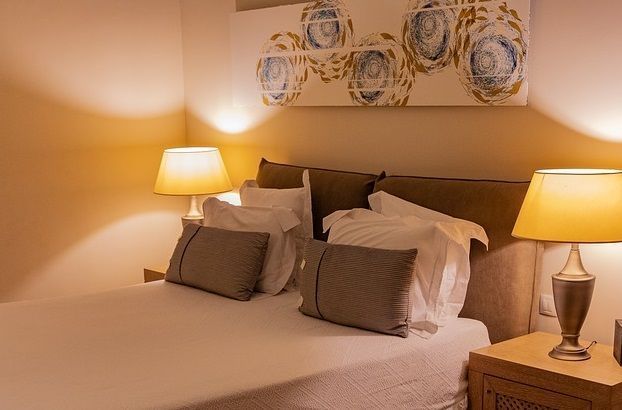
Travellers still want to go on holiday, but safety has now become a top priority over price, location, facilities, and services.
Hotels must not drop rates to increase occupancy, instead they should adapt to ‘new normal’ - embracing innovative technologies and being creative with offerings. Developing a global set of transparent hospitality standards relating to health, safety and hygiene will be key to regain the trust of travellers in a post COVID-19 landscape, according to a panel of industry experts speaking at the Arabian Travel Market’s inaugural virtual event, ATM Virtual.
‘The Hotel Landscape in a Post-COVID-19 World’ session which took place on Monday 1st June, discussed the importance of hotel brands providing both hospitality workers and consumers with confidence that their property, and indeed the wider destination, is safe and secure to visit.
The panel which was moderated by industry consultant Gemma Greenwood, also included Tim Cordon, Senior Area Vice President for Middle East & Africa, Radisson Hotel Group, Christopher Lund, Head of Hotels, Colliers International, Middle East & North Africa, Simon Casson, President of Hotel Operations, EMEA, Four Seasons and Raki Phillips, CEO, Ras Al Khaimah Tourism Development Authority.
“There has never been a global pandemic of this scale in modern times, building confidence will be key as we look ahead to the post-COVID-19 hospitality recovery. Not only is it important that our workers have confidence that their health and wellbeing is of prime importance, but for consumers too. They will need full reassurance that our properties are safe, secure and following the highest standards when it comes to hygiene and cleanliness,” said Cordon.
“Our properties rely predominantly on corporate and business travel. So, having a global standard will be essential before we start to see large organisations send their employees all over the world again. It is important that everyone can understand that what’s being offered is consistent and trustworthy.”
While the global pandemic has severely impacted the hospitality industry worldwide, the MENA region alone has witnessed an estimated 42% decrease in occupancy since March, according to the latest data from Colliers International, with many people forced to cancel or postpone their travel plans in the first half of the year.
Phillips said: “Our industry is very resilient and will recover and for this reason it’s important that hotels don’t drop their room rates. Tourists will come back, we are already seeing this in Ras Al Khaimah where we are lucky to have large, spacious resorts with some offering private villas, making the implementation of social distancing measures much easier. Hotels need to adapt to a new normal with increased sanitisation at the forefront, while being creative with their offerings and embracing innovative technologies which can help differentiate them from their competitors.”
Travellers still want to go on holiday, but safety has now become a top priority over price, location, facilities, and services. In preparation for the resurgence, it is crucial hospitality companies can provide consumers with peace of mind by implementing and virtually showcasing the stringent hygiene and deep cleaning procedures performed rigorously across their properties.
“One way of achieving this consumer trust, and I believe the hospitality industry in the UAE is leading the way in this respect, is by partnering with accreditation agencies such as the Bureau Veritas to ensure your property is following disinfectant and sanitisation protocols implemented by government bodies and abiding by the highest levels of hygiene. Passing these audits provides your property with a label that guests can view and take reassurance from,” said Lund.
“In addition, the implementation of immersive technologies that provide potential guests with virtual 3D tours of properties, as well as phone apps which allow you to enter your hotel room, change the temperature, call the elevator, book excursions and order room service are going to be vital in helping hotels recover and stand out from their competitors.”
Casson added: “At Four Seasons we have been spending a lot of time exploring how the new guest journey, from the moment they arrive to the moment they leave, will look. While we are doing everything we can to ensure the wellbeing and safety of our guests, it’s important that we continue to work with our local partners, such as airlines, airport transfer providers and activity and tour guides, to ensure they are abiding by the same level of santisation and hygiene. Consistency across the entire experience is key.”
The hospitality industry will be a recurring theme throughout the three-day virtual event and will include a series of roundtables including ‘Will hygiene surpass price, facilities and services, in the ‘new normal’ hotel experience’, ‘Effects that COVID-19 could have on food-driven travel’ and ‘The Changing Face of Luxury Family Travel’.
Tags: hospitality industry